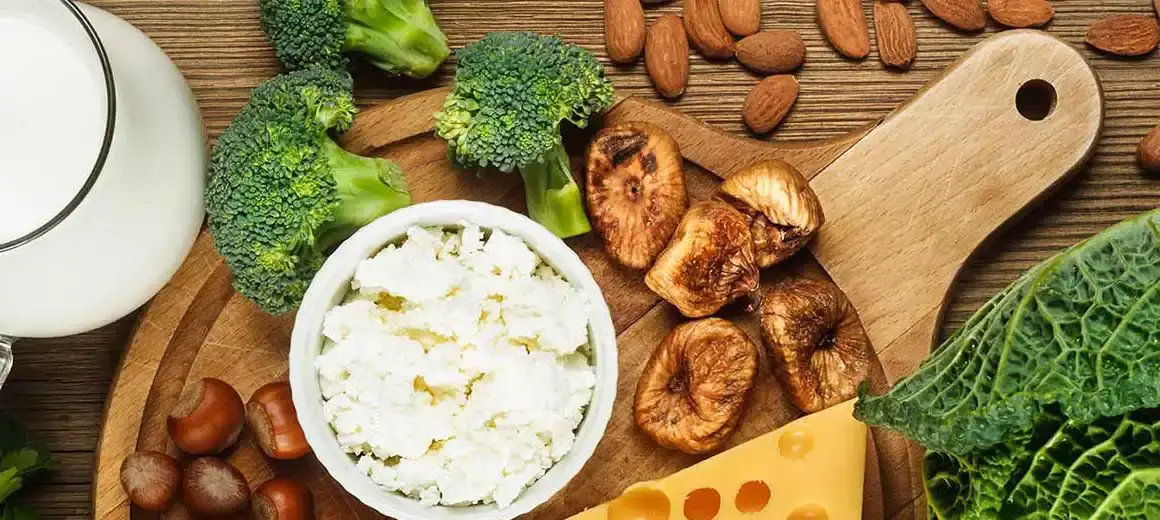Premenstrual Syndrome: Home Remedies For Natural Relief

- September 1, 2021
- by The Ginger-U Team
Premenstrual Syndrome (or PMS) is a common female health problem. Because half of her life a woman must deal with premenstrual issues, raising awareness and teaching women related self-care practices is essential.
What Is PMS And What Are Its Symptoms?
PMS refers to a range of emotional and physical symptoms women experience a week or two before their menstrual cycle. Some signs of PMS include breast swelling, tenderness, trouble falling asleep, depressed mood, headache, irritability, upset stomach, anger, abdominal bloating, appetite changes, and cramps. Although not many women experience all these symptoms at once, many women experience some form of PMS.
What Causes PMS?
Scientific research is still identifying the exact causes of PMS. However, consensus exists on the following reasons:
- Hormonal fluctuations during the period leading up to your period
- Changes in serotonin and norepinephrine levels
- Lifestyle factors
Which Natural Remedies Are Good For PMS?
We all know how difficult it is to keep going all day after a night of restless tossing and turning. So, what are some natural remedies that can ease the aches during this time of the month?
Lifestyle Changes
Most women can cope with PMS by making specific lifestyle changes. Some lifestyle changes that help are as follows:
- Exercise at least 30 minutes a day. Any form of physical activity such as walking, cycling, running, swimming, or aerobic exercises improves heart rate, lung function, sleep quality, and endorphin levels while reducing fatigue and depressive mood.
- Get adequate sleep—at least eight hours a night—to reduce fatigue and depressive mood.
- Don’t smoke! Nicotine worsens premenstrual symptoms.
- Wear comfortable clothing. Tight clothing is not helpful if there is any swelling in the body. For example, wearing comfortable and supportive shoes helps when feet are swollen. Similarly, supportive bras and elastic waistband are recommended for swelling in the breasts.
Diet Regulation
The prevalence of PMS in women with high BMI (Body Mass Index) is higher; switching to a healthier diet is one of the best ways to relieve PMS symptoms.
Here are some simple nutritional changes that can help you deal with PMS:
- Explore six small meals, rather than three main meals per day
- Reduce intake of
- Unhealthy fats, refined sugar and alcohol
- Salt and use natural diuretics such as grapefruit to lower puffiness
- Caffeine to lower irritability and insomnia
- Increase consumption of
- Fiber-rich foods such as vegetables and fruits
- Whole-grain bread, barley, brown rice and beans—as well as nutrients that contain a high level of protein, pulp and complex carbohydrates—to reduce cravings
- Iron-rich foods along with sources of vitamin C to replace the iron lost in menstruation
- Add the following foods to relieve PMS symptoms:
- Walnuts, chia seeds, fatty fish, and flax seeds, which are rich in omega-3
- Calcium-rich foods such as yogurt and green leafy vegetables
- Healthy snacks such as whole grain cereals, dried fruits, nuts, and oily seeds
Coping with stress
Stress increases the severity of PMS. Coping with stress simplifies PMS management by relieving PMS-related irritability and mood swings. Some effective ways to deal with stress are:
- Breathing and relaxation exercises such as meditation and yoga
- A warm shower, adequate sleep, dabbling in a hobby, massage, biofeedback, and acupressure

Comment